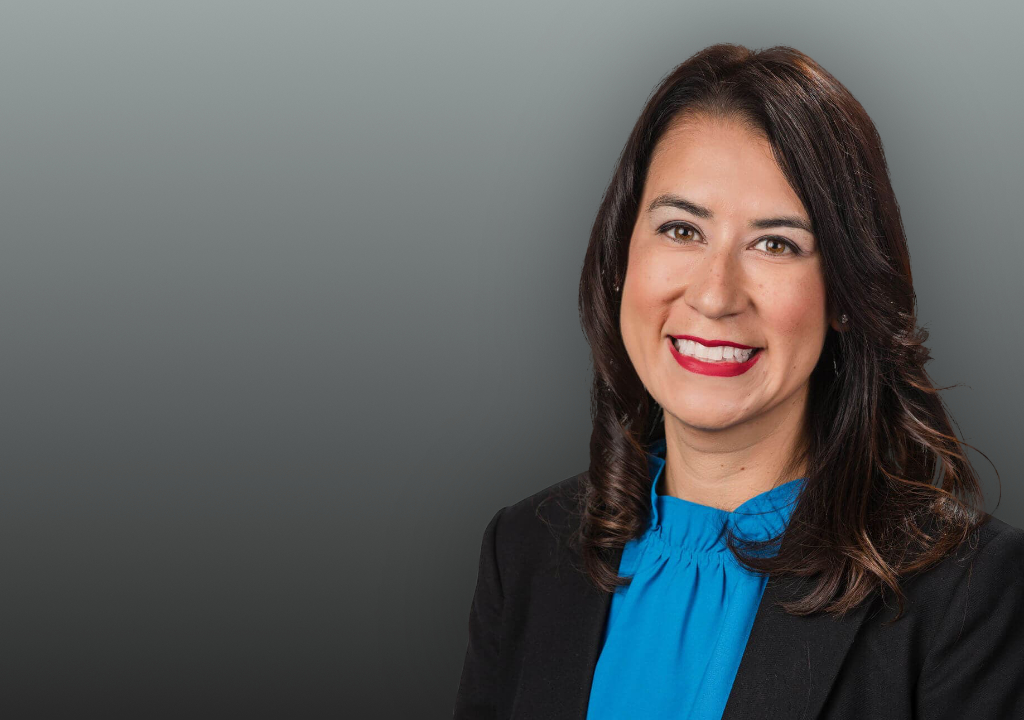Startups can save money on California sales tax using this partial tax exemption
If you are a hardware startup that’s in R&D mode and purchasing physical goods in CA, you should absolutely be taking advantage of the Manufacturing and Research & Development Equipment Exemption. Some biotech and manufacturing startups can save almost four (3.9375) percent on sales and use tax for qualified purchases in California.
This partial sales tax exemption has been around since 2014, but was modified in 2017 to adjust the amount of the exemption, include additional types of businesses, and extend it to 2030.

Tax Manager, Sales Tax
Who can benefit from the California Sales Tax Exemption?
Biotech, manufacturing, electric power generating startups conducing research in California may benefit, based on their NAICS codes and the type of research. The exemption applies to “qualified persons” who purchase (or lease in some cases) “qualified tangible personal property” and then put that property to a “qualified use.” Each of those terms is spelled out in the California tax code.
Qualified persons are primarily engaged (more than 50 percent of the time) in specific lines of business as defined by NAICS codes. Those businesses include:
- Firms engaged in research and development for physical, engineering, or life sciences – NAICS code 541712.
- Biotechnology companies that do R&D – NAICS code 541711
- Manufacturing companies – NAICS codes 311100 to 339999
- Companies that generate, produce, store, and distribute electric power – NAICS codes 22111 to 221118, and 221122.
Qualified tangible personal property includes:
- Machinery and equipment, and other devices used to operate or maintain that machinery.
- Pollution control equipment that meets California local or regional standards.
- Buildings or foundations that are an integral part of the manufacturing process, or that are a research or storage facility for the process.
- Buildings and foundations used to generate, produce, store, or distribute electrical power.
Qualified use means the property or equipment must be used more than 50 percent of the time for:
- Manufacturing, processing, refining, fabricating, or recycling processes.
- Research and development.
- Maintaining, repairing, or testing the qualified tangible property.
- Generating, producing, storing, or distributing electrical power.
In addition, qualified use includes property purchased by a contractor as part of a construction contract with a qualified person.
Biotechnology, some hardware startups, manufacturing startups, other life sciences companies are the ones who are most likely to benefit from this credit.
How can startups benefit from the exemption?
Startups can recognize the tax break at the time of purchase by providing the seller with a partial exemption certificate. The exemption can be used for up to $200 million in purchases each year, and that amount is not prorated – for example, startups launched on October 1 can still claim up to the full $200 million cap for that tax year.
Let’s look at an example. If you are a San Francisco-based startup, you are subject to an 8.5% sales tax rate. That’s comprised of:
- 6% California state sales tax
- 0.25% San Francisco County sales tax
- 2.25% San Francisco City (special) sales tax
If you purchased $5,000,000 worth of R&D materials you would pay:
- Without California R&D tax exemption: $5,425,000 [$5,000,000 + ($5,000,000 x 8.5%)]
- With the R&D tax exemption: $5,228,125. The 8.5% tax rate is reduced by 3.9375% to 4.5625%. So the new total is $5,000,000 + ($5,000,000 x 4.5625%) = $5,228,125.
Your total savings from the partial tax exemption is $223,875.
Also, if you’ve already paid full sales tax for purchases that you now realize are qualified, you may be able to provide a partial exemption certificate to the retailer who can apply for a sales tax refund on your behalf. For use tax refunds, you can apply to the California Department of Tax and Fee Administration.
Other important points for startups
The California partial tax exemption differs from the R&D payroll tax credit. All companies pay payroll taxes every pay cycle, and companies also pay sales taxes when they purchase goods. R&D payroll tax credits are filed on your annual tax return and get you refunds on your payroll taxes, whereas R&D sales tax partial exemptions provide a reduced tax rate on your R&D equipment purchases. Think of them as refunds (R&D payroll tax credit) versus discounts (R&D sales tax partial exemption).
The partial sales tax exemption can provide significant savings to qualified startups, but companies that take advantage of it will need to carefully document their qualifications and the supporting data, and maintain that information. Kruze Consulting can help you with the partial sales tax exemption, as well as other tax credits, including the California R&D payroll tax credit and the federal R&D tax credit. To learn more about these tax benefits and incentives for which your startup may qualify, contact us.
MASSACHUSETTS R&D SALES TAX EXEMPTION
Some startups may be able to qualify for a sales tax exemption in Massachusetts if they purchase tangible personal property that’s used exclusively for research and development.












